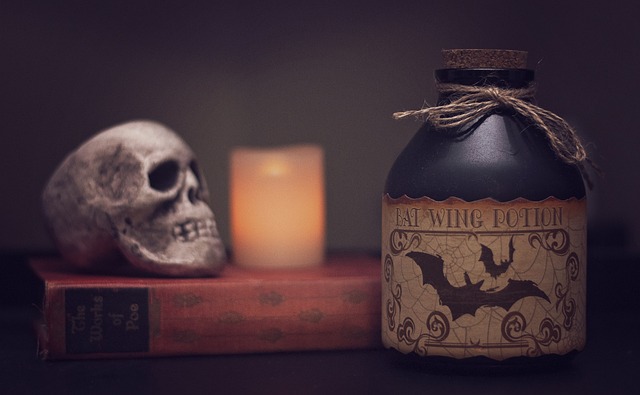Voodoo, also known as Vodou or Vodun, is a complex and fascinating spiritual practice that originated in the West African region and was later brought to Haiti during the slave trade era. Far removed from the Hollywood depictions of zombies and black magic, Voodoo is a profound belief system that plays a significant role in Haitian culture, traditions, and identity. In this article, we will delve into the myths and realities of Voodoo in Haiti, shedding light on its history, rituals, and the impact it has on the people’s lives.
1. The Origins of Voodoo:
To understand Voodoo in Haiti, one must first explore its African roots. Voodoo draws heavily from traditional West African religious practices such as animism, ancestor worship, and polytheism. When African slaves were brought to the French colony of Saint-Domingue (now Haiti) during colonization, they brought their spiritual beliefs with them, blending them with elements of Catholicism due to the forced conversion imposed by their masters. This fusion gave rise to the unique form of Voodoo that exists in Haiti today.
2. Voodoo Rituals and Beliefs:
Voodoo is a vibrant and participatory belief system that encompasses a wide range of rituals, ceremonies, and practices. Central to Voodoo is the belief in spirits, known as loa or lwa, who act as intermediaries between the divine and the human world. Voodoo ceremonies, often held in temples called hounfors, involve elaborate drumming, chanting, and dancing to invoke and communicate with the loa. Voodoo adherents seek the help of the spirits for various purposes, such as healing, protection, success, and guidance in everyday life.
3. The Role of Voodoo in Haitian Culture:
Voodoo is deeply interwoven into the fabric of Haitian society, playing a pivotal role in the cultural, social, and political spheres. Despite centuries of suppression and demonization, Voodoo has managed to survive and thrive, serving as a source of solace and empowerment for many Haitians. Voodoo practitioners, known as houngans (priests) and mambos (priestesses), hold positions of respect within their communities and are sought after for their spiritual guidance and healing abilities.
4. Misconceptions and Hollywood Mythology:
Voodoo has long been shrouded in a cloud of misconception and stereotypes, largely due to its sensationalized portrayals in movies and popular culture. Zombies, witchcraft, and curses are widely associated with Voodoo, but these representations bear little resemblance to the actual beliefs and practices of the religion. In reality, Voodoo is a peaceful and life-affirming spiritual path focused on healing, love, and community cohesion.
5. The Impact of Voodoo on Haitian History:
Voodoo played a crucial role in Haiti’s history, particularly during its fight for independence from French colonial rule. During the Haitian Revolution (1791-1804), Voodoo served as a unifying force among the enslaved population, providing them with a sense of identity, strength, and resilience. This historical significance has led some scholars to argue that Voodoo was not only a spiritual practice but also a catalyst for the successful uprising that birthed the first black republic in the Western Hemisphere.
6. Voodoo and Healing:
Healing is an essential aspect of Voodoo, both on a physical and spiritual level. Voodoo practitioners believe that illnesses can be caused by imbalances between the individual and the spirits, and therefore, healing rituals are performed to restore harmony and well-being. These rituals often involve herbal remedies, sacrifices, and the use of talismans or amulets charged with protective energy. Voodoo healers are esteemed for their knowledge of medicinal plants and the ability to channel the healing power of the loa.
Conclusion:
Voodoo in Haiti is a multifaceted and deeply rooted spiritual practice that goes far beyond the misconceptions propagated by popular culture. Its origins in West Africa and subsequent evolution in Haiti have shaped the cultural fabric of the country and continue to provide solace, guidance, and a sense of identity for its adherents. By dispelling the myths and understanding the true essence of Voodoo, we can appreciate the profound spiritual tradition that plays an integral role in the lives of Haitians.

